AWS open source newsletter, #194
A weekly round up of the latest open source news, projects, and events that every open source developer should know about.
Demos, Samples, Solutions and Workshops
aws-real-time-web-shop-analytics
aws-serverless-example-for-webxr
The best from around the Community
Meet Cedar: Adding generation Authz for your cloud native applications
Amazon Timestream for InfluxDB Manage time-series applications easily
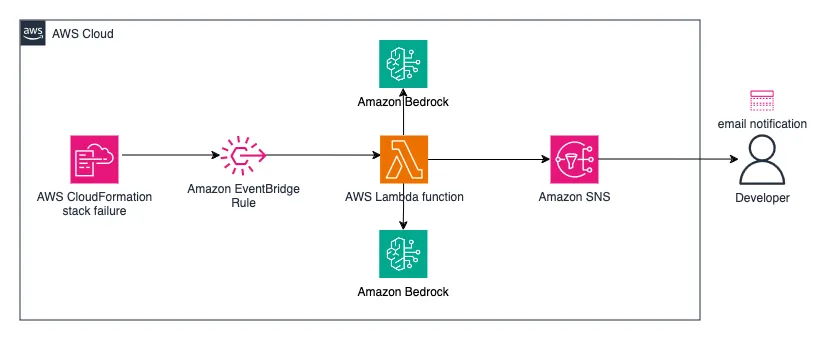
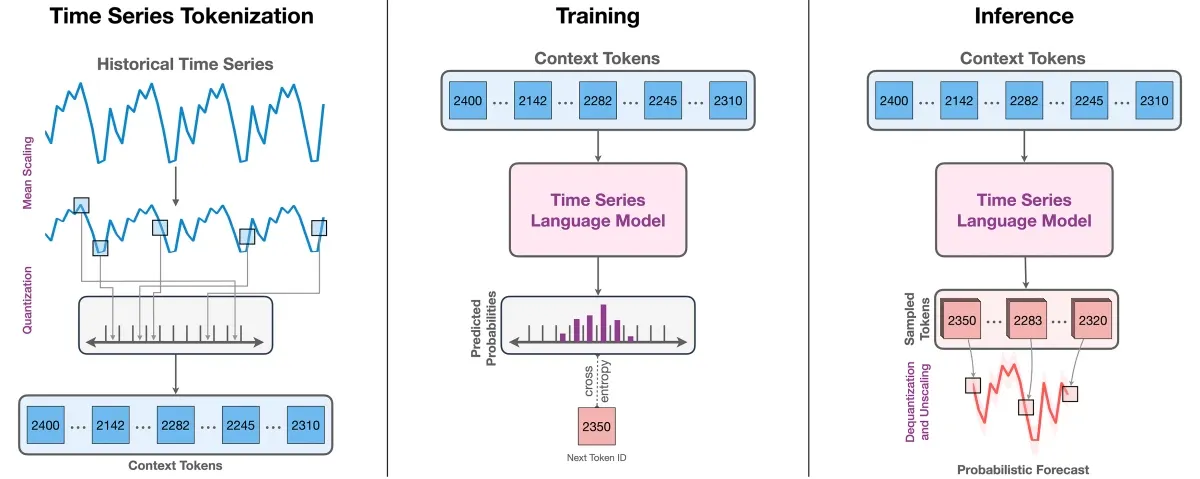
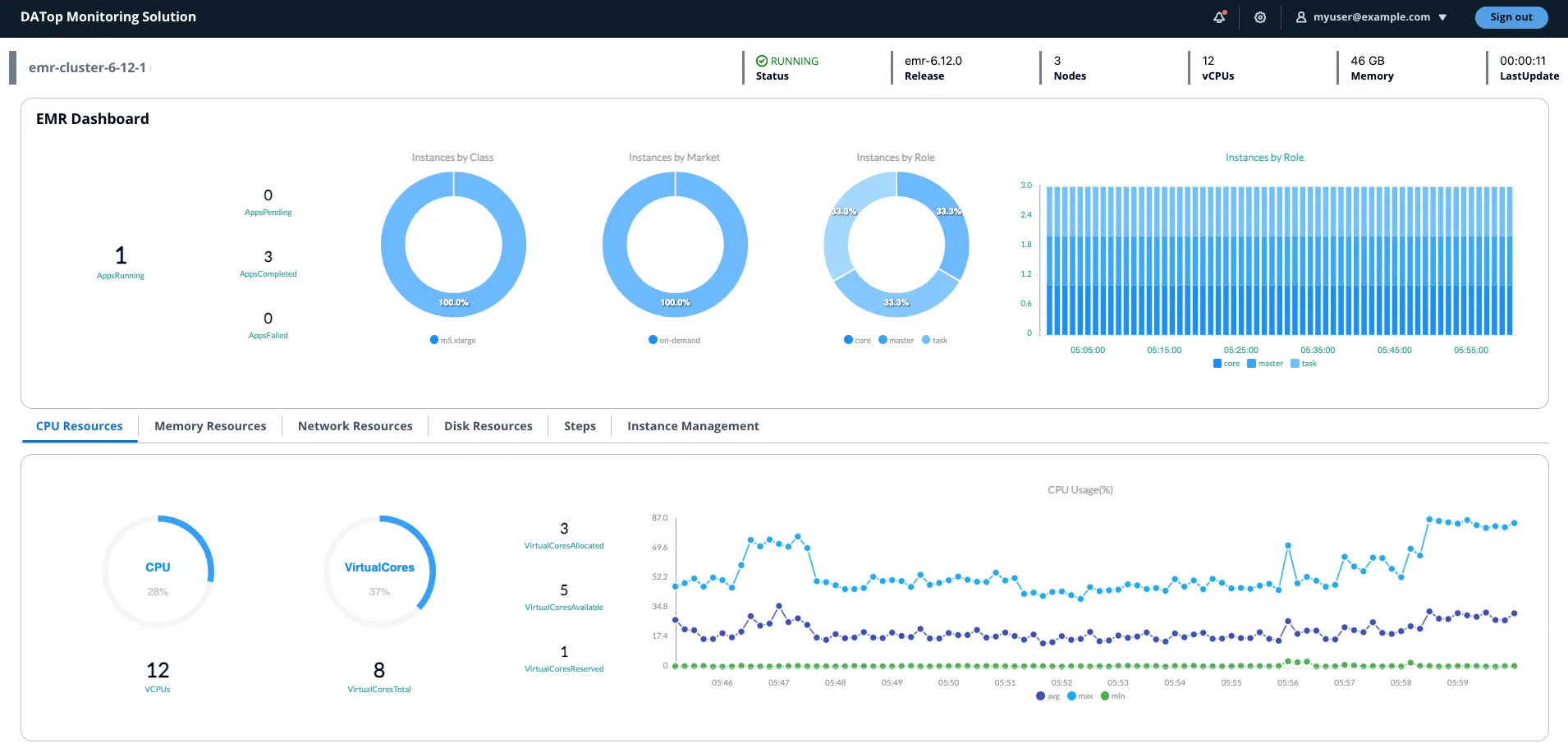
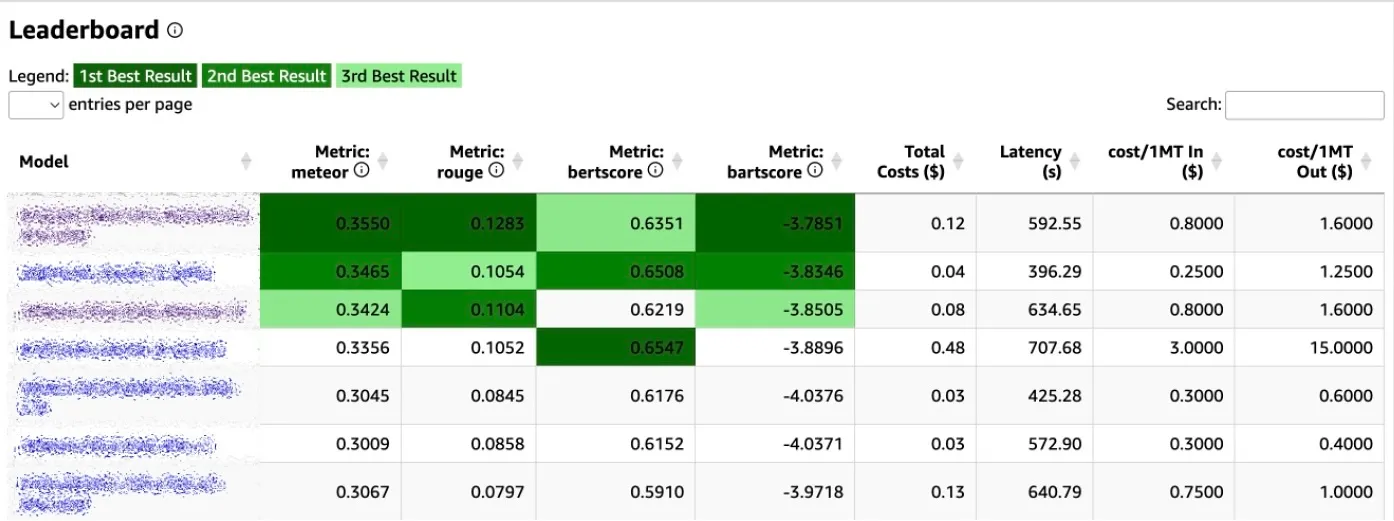
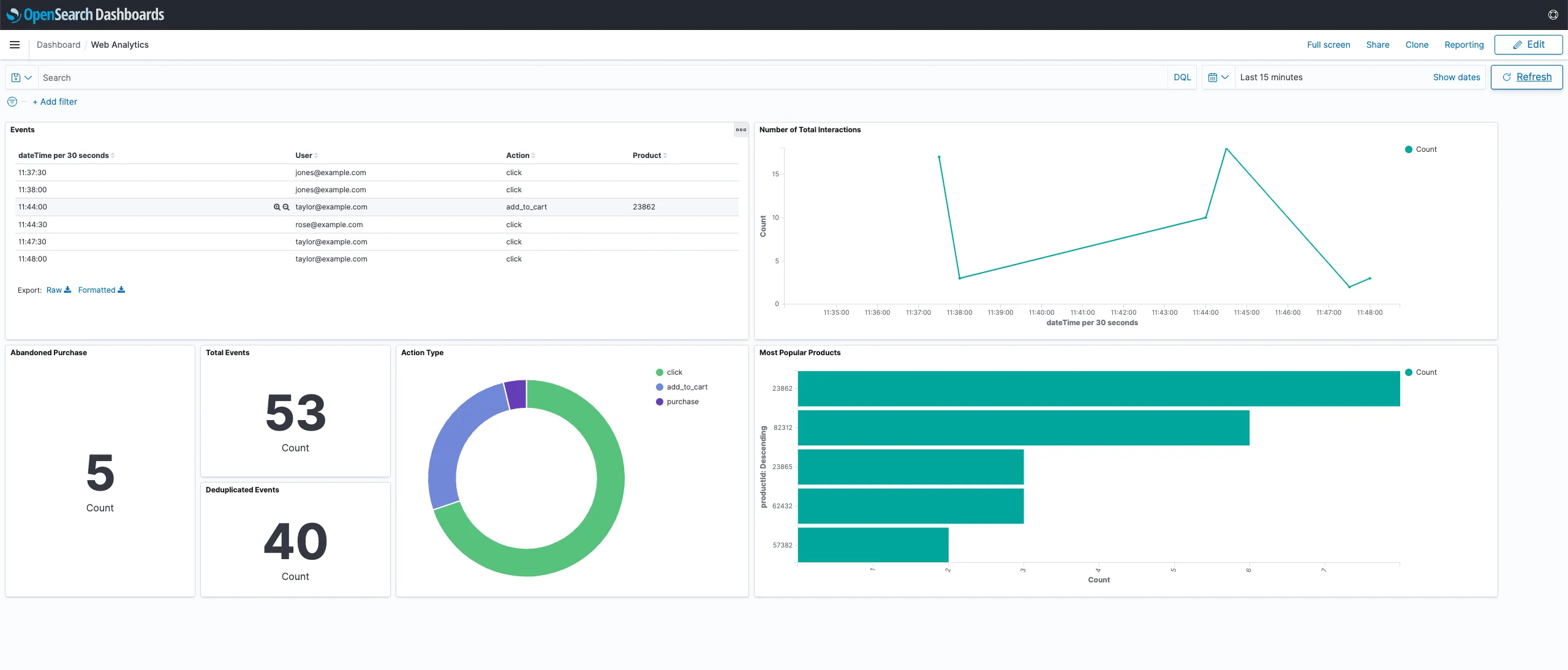
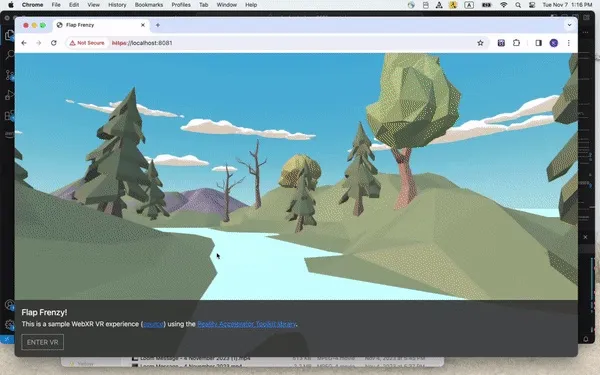
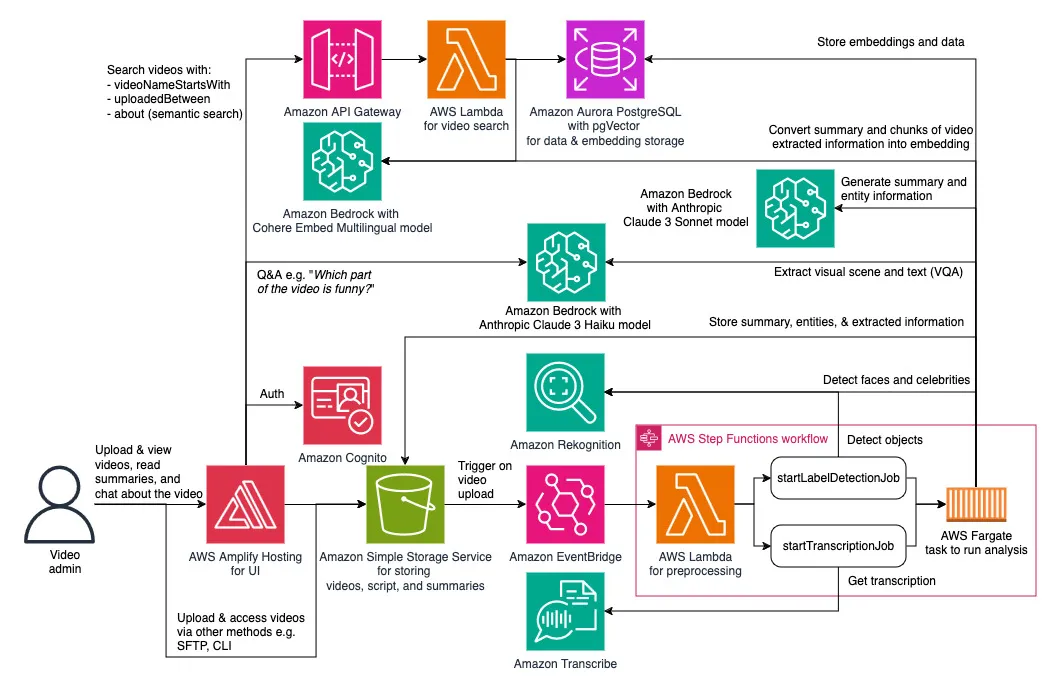
- How to Enable Secure Self-Service Amazon EKS Cluster Provisioning with ArgoCD, Kyverno, and Nirmata Policy Managerlooks at one solution to help you implement self-service cluster provisioning [hands on]
- Protecting your Amazon EKS web apps with AWS WAF describes how to use AWS WAF and AWS Firewall Manager to protect web-based workloads that run in an Amazon Elastic Kubernetes Services (Amazon EKS) cluster [hands on]
- Applying Spot-to-Spot consolidation best practices with Karpenter provides a detailed look at how Karpenter can actively replace a Spot node with another more cost-efficient Spot node, so that you can have the right balance between lower price and low-frequency interruptions [hands on]
- Delivering video content with fractional GPUs in containers on Amazon EKS is a great read on how to build a video encoding pipeline on AWS that uses fractional GPUs in containers using Amazon EKS, Bottlerocket, and Karpenter that could help you achieve up to 95% better price-performance [hands on]
- Accelerate your Application Modernization to Amazon EKS with Konveyor provides an introduction to Konveyor, an open source tool that you can use in your modernisation projects on Kubernetes [hands on]
- Identify PostgreSQL semantic issues with the plpgsql_check extension shows you how you can use the plpgsql_check extension in PostgreSQL to catch potential semantic errors and elevate your overall code quality, that may arise when translating Oracle-specific code to PostgreSQL [hands on]
- Introducing enhanced functionality for worker configuration management in Amazon MSK Connect looks at new features that were added to MSK Connect, which streamline connector and worker management with the introduction of APIs for deleting worker configurations, tagging MSK Connect resources, and support in AWS CloudFormation to create non-default worker configurations [hands on]
- Build an end-to-end serverless streaming pipeline with Apache Kafka on Amazon MSK using Python will help you understand how to build a serverless streaming pipeline on AWS using Amazon MSK, Lambda, DynamoDB, Amazon Data Firehose, and other services [hands on]
- Use Generative AI and Next.js with AWS Amplify to build a Fullstack Recipe Generator walks you through how you can build an AI-powered Recipe Generator App with AWS Amplify Gen 2 and Amazon Bedrock [hands on]
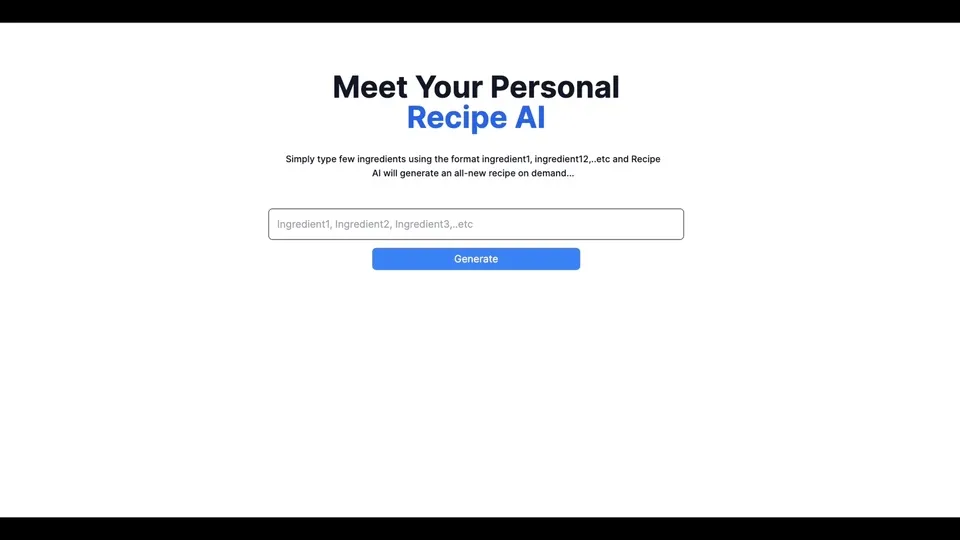
- Amazon OpenSearch H2 2023 in review in case you missed any of the updates in the second half of 2023, then this post has you covered
- Hybrid Search with Amazon OpenSearch Service explains the internals of hybrid search (lexical search and semantic search) and how to build a hybrid search solution using OpenSearch Service [hands on]

- Protein language model training with NVIDIA BioNeMo framework on AWS ParallelCluster demonstrates how to pre-train the ESM-1nv model with the NVIDIA BioNeMo framework using NVIDIA GPUs on AWS ParallelCluster, an open-source cluster management tool that makes it easy for you to deploy and manage HPC clusters on AWS [hands on]
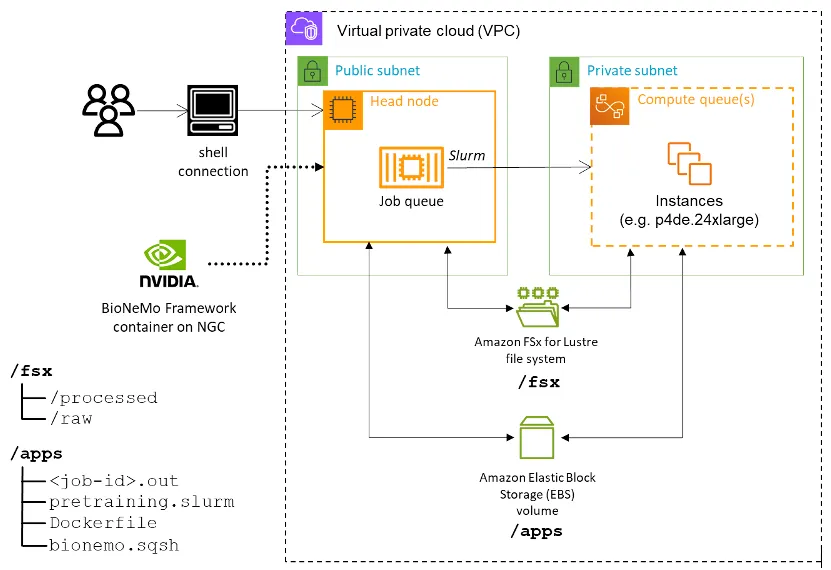
- Amazon Aurora MySQL version 2 (with MySQL 5.7 compatibility) to version 3 (with MySQL 8.0 compatibility) upgrade checklist, Part 1 looks at the MySQL upgrade precheck process and common issues that will cause the upgrade and upgrade prechecks to fail and how to resolve those issues
- Krones real-time production line monitoring with Amazon Managed Service for Apache Flink is a case study that shows how AWS customer Krones built a real-time production line monitoring system on AWS using Managed Service for Apache Flink, that helped reduce machine downtime by 10% and increase efficiency up to 5%
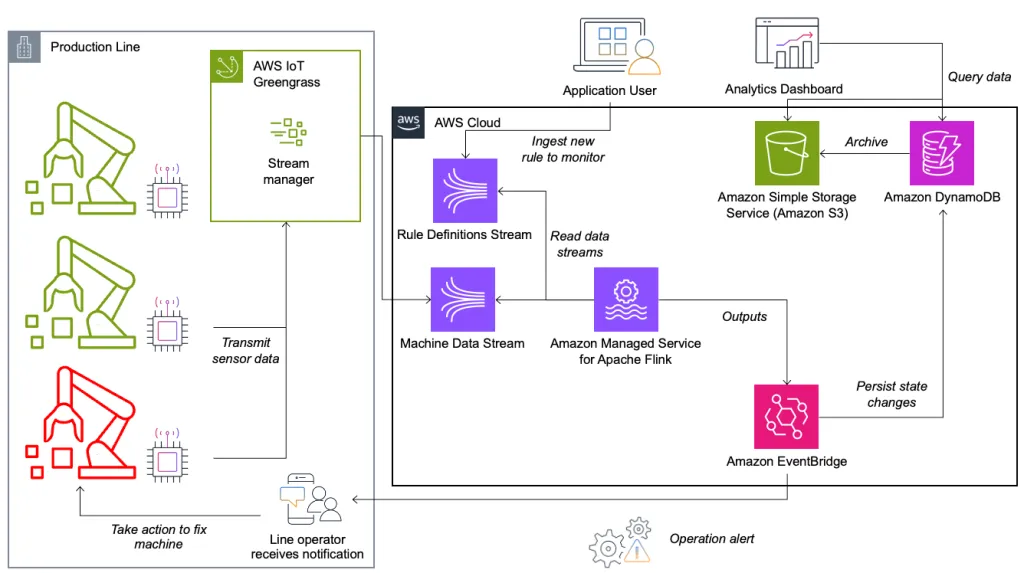
- How Cornerstone Built a Full-Fledged Apache Kafka Replication Using Amazon MSK Connect provides a case study that shows how Cornerstone automated the migration of Apache Kafka using a custom plugin [hands on]
Any opinions in this post are those of the individual author and may not reflect the opinions of AWS.
